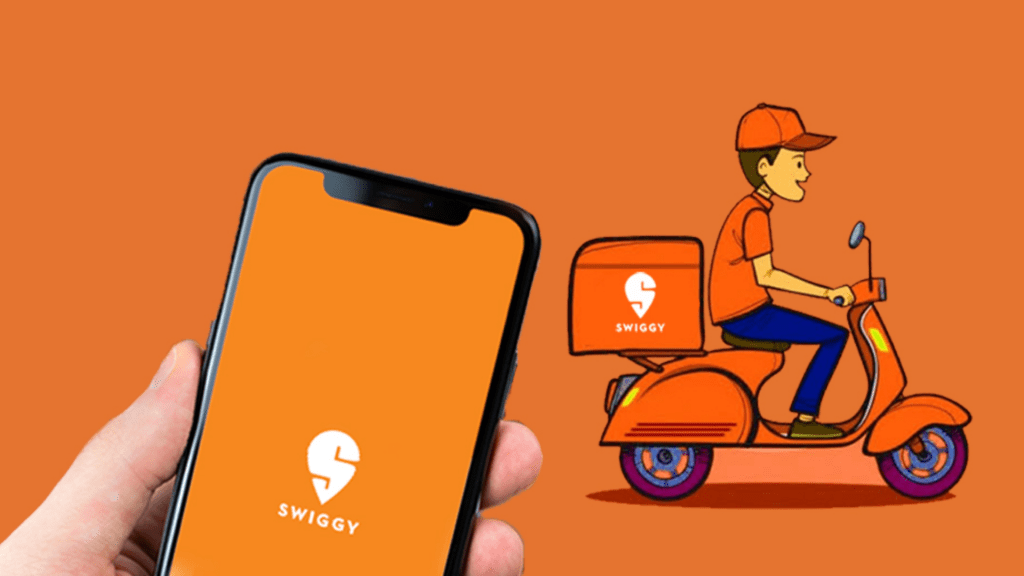Swiggy, the foodtech unicorn, announced profitability in its food delivery business for the fiscal year ending on March 31, 2023. CEO Sriharsha Majety confirmed this milestone in a blog post published on May 18.
“Our sharp focus on innovation, coupled with strong execution has led to yet another milestone – As of March 2023, Swiggy’s food delivery business has turned profitable (After factoring in ALL corporate costs; excluding employee stock option costs),” said the Swiggy cofounder and CEO.
According to Majety, Swiggy, the foodtech giant, stands among the select few global food delivery platforms to have attained profitability.
During FY23, Swiggy pursued an extensive cost-cutting initiative, sparing no effort. The foodtech platform divested itself of unprofitable businesses, raised subscription service prices, and conducted significant layoffs, resulting in the termination of numerous employees.
Read More: Swiggy to lay off 380 employees, confirms CEO
“We have reached this milestone while bringing tremendous benefits to all partners in our ecosystem. Our core value that the customer comes first has consistently been reciprocated with deep consumer love and industry-best NPS scores, repeat and retention rates. We continue to make strides in gaining customer favour, including strong traction in Tier 2 and 3 markets,” said Majety in the blog post.
In FY22, Swiggy reported a consolidated loss of INR 3,629 crore, while its revenue reached INR 5,704.9 crore. Out of the total revenue, INR 3,444.4 crore was directly attributed to its food delivery business, and an additional INR 87.5 crore was generated from food sales by Swiggy.
Swiggy’s announcement represents a notable victory for the company, especially as it has been experiencing competition from rivals such as Zomato and the growing influence of incumbents like the government’s Open Network for Digital Commerce (ONDC).
Read More: ONDC sparks price war, threatens Zomato and Swiggy dominance in food delivery space
While Zomato had previously announced achieving adjusted EBITDA profitability earlier this year, Swiggy asserts that it has accomplished profitability by considering all expenses, including ESOP costs. This distinction is significant as many Indian startups have excluded ESOP costs when reporting profitability metrics.
Regarding Swiggy’s future plans, Majety expressed anticipation for a comparable outcome in its quick commerce vertical, Instamart.
“We pioneered and built this category from the ground up, and have made disproportionate investments in Instamart given the attractiveness of the consumer proposition and its strategic importance to us,” he said.
Majety further stated that the foodtech company had made significant strides in improving the profitability of its business and was well on its way to achieving contribution neutrality within the coming weeks.
Despite experiencing a recent valuation reduction from Invesco, with the PE firm lowering its investment in the foodtech company to $5.5 billion, Swiggy has managed to achieve profitability.
